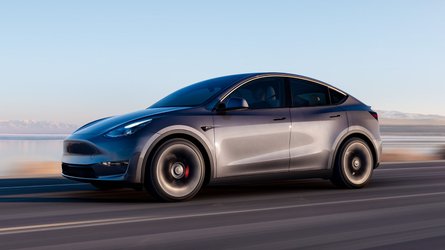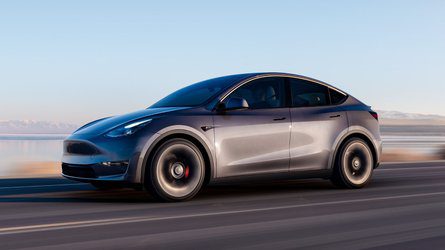The driving range has always been a major factor when it comes to electric car sales. According to the Department of Energy (DOE)’s Vehicle Technologies Office, the top ten new all-electric vehicles in 2022 (by the number of registrations) had a range of 300 miles (483 km) or higher. Even when considering the short-range configurations, all models that made this list had a range of over 200 miles (322 km). This data appears to confirm that customers are often looking for electric cars with 300+ miles of range.
It is important to note that the driving range alone is not enough to make a car the best-selling model. Other factors such as price and fast charging capabilities also play a role. However, it is safe to assume that we will not see too many models with less than 200 miles of range in the future.
The top 10 new EV registrations in 2022 were Tesla Model Y (up to 330 miles), Tesla Model 3 (up to 358 miles), Ford Mustang Mach-E (up to 314 miles), Tesla Model X (up to 348 miles), Tesla Model S (up to 405 miles), Chevrolet Bolt EUV (up to 247 miles), Hyundai Ioniq 5 (up to 303 miles), Kia EV6 (up to 310 miles), Volkswagen ID.4 (up to 275 miles), and Rivian R1T (up to 314 miles).
In conclusion, the driving range is an important factor when it comes to electric car sales. The data shows that customers are often looking for electric cars with 300+ miles of range, and it is likely that we will not see too many models with less than 200 miles of range in the future.
FAQ
Q1: Are electric car batteries recyclable?
A1: Yes, electric car batteries are recyclable.
Q2: Are electric car chargers free?
A2: It depends on the charger and the location. Some electric car chargers are free, while others may require a fee.
Q3: Can electric car batteries be rebuilt?
A3: Yes, electric car batteries can be rebuilt with the right tools and knowledge.











